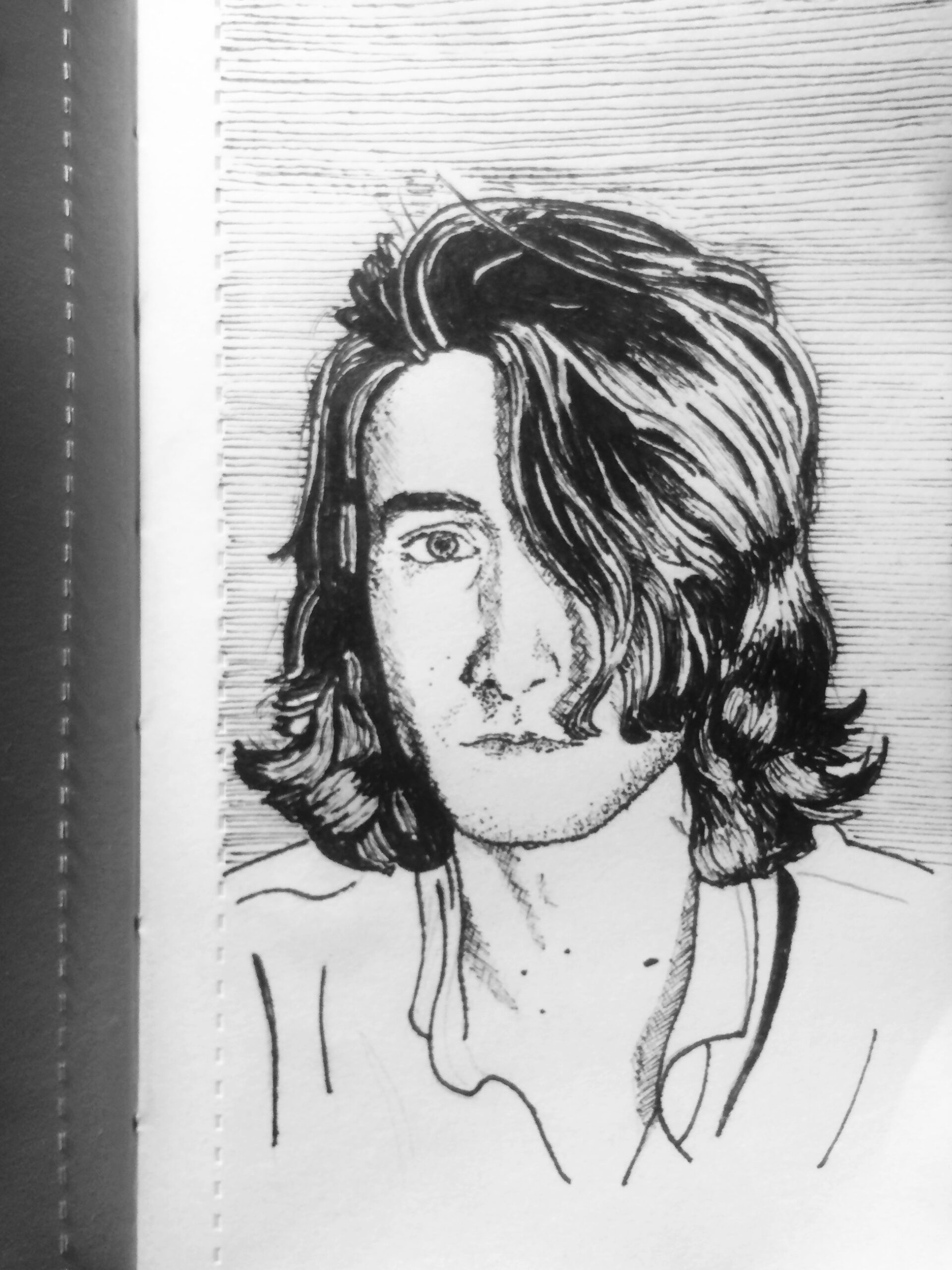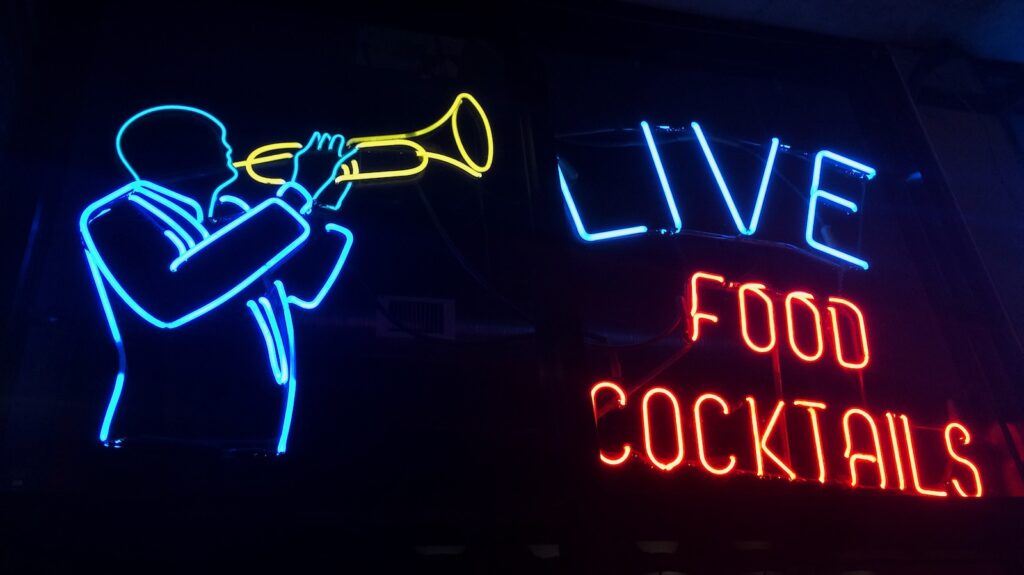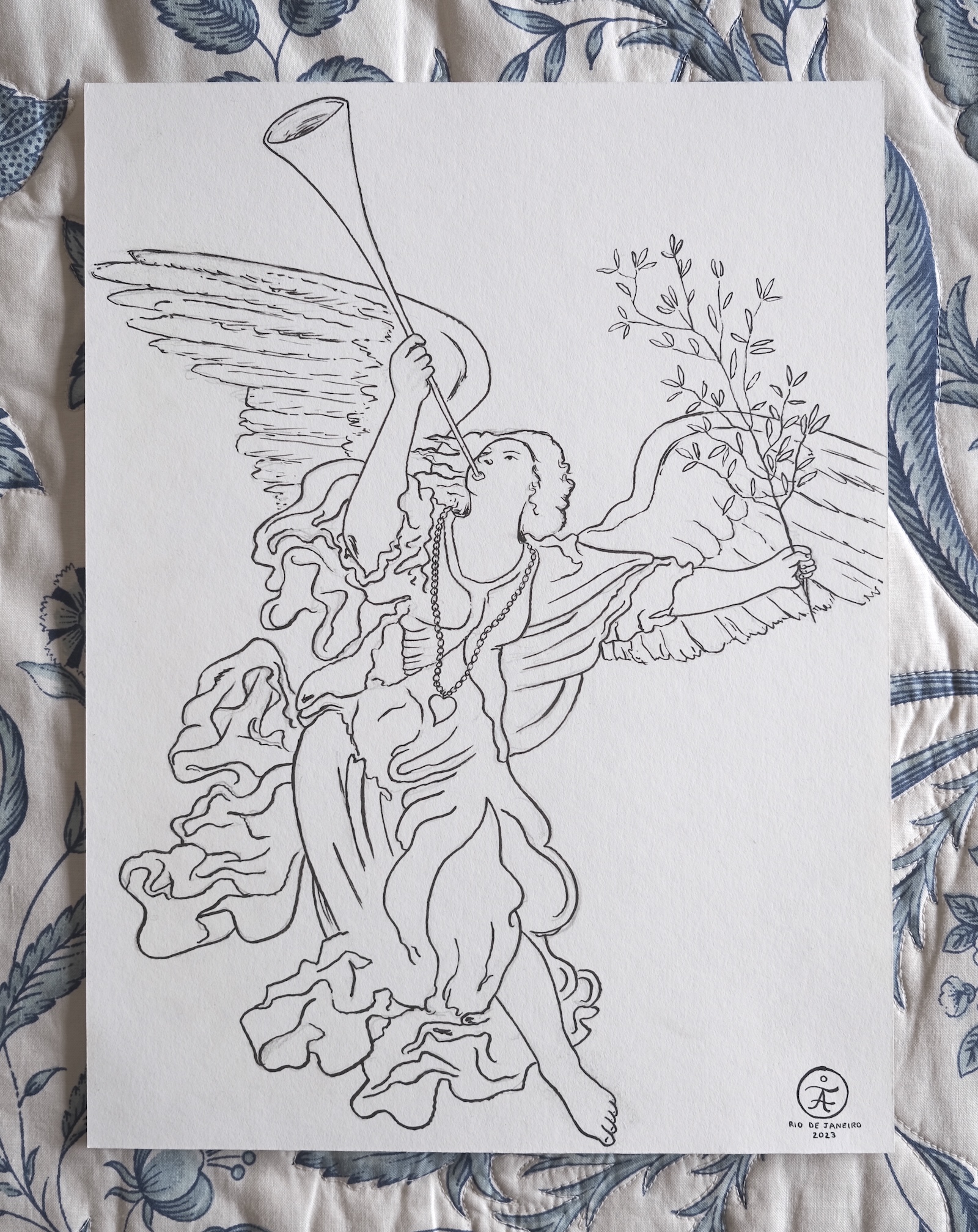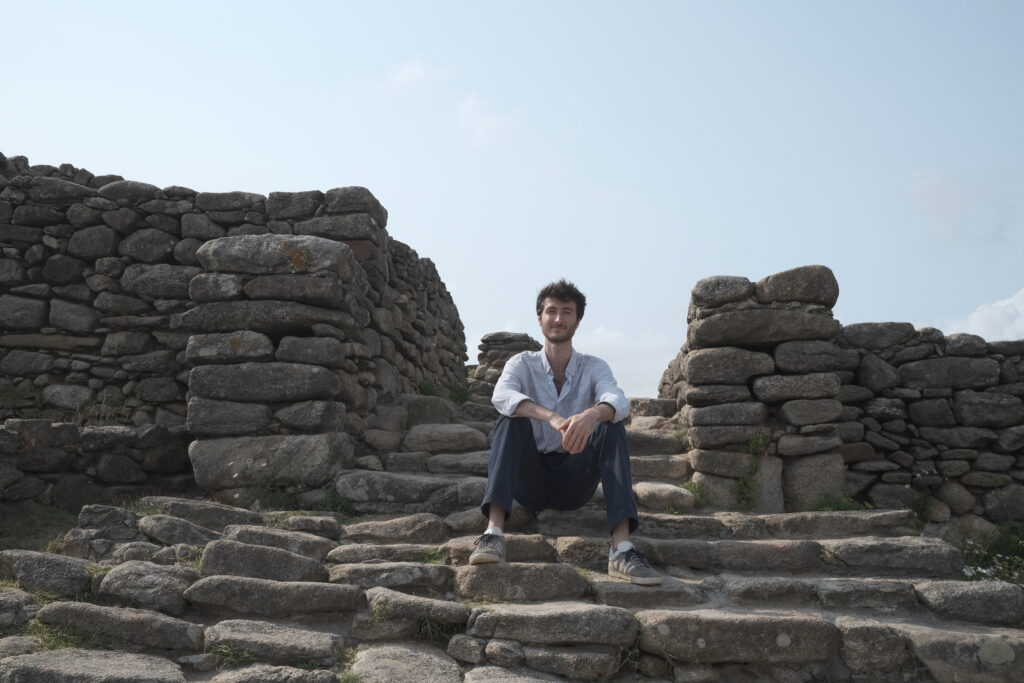I turned 21 in Chicago. I was spending a year there, completing the final year of electromechanical engineering. I didn’t connect much with my fellow engineers, so I spent my days alone, walking, using my mind to decipher the mystery of life. What I didn’t know then is that the mind is like a scalpel, and the more you use it, the more you tear apart that which you observe. I learned this much later in India, but we’ll get to that.
In those internal conversations, which could last for days without interruption, I came to two conclusions.
The first is that there was no one else in the universe. Only I was real. The more I thought about it, the fewer proofs I found in my direct experience to assure me that others experienced life the same way I did. I had access to my mind, but not to theirs. How could I know then that they really existed, and were not just projections of my mind, like the people I see in my dreams? Where did this leave me? The conclusion was that I must be some kind of imperfect god. This tormented me deeply; I suspected it was madness, but I couldn’t find a way out.
At that time, I listened a lot to an album called “Solipsism” by a pianist named Joep Beving. His music was sad but also warm and kind. One day, I looked up the meaning of the album title. It turned out to be the name of the theory I had arrived at: solipsism. This comforted me to some extent and also strengthened my intellectual pride.
[I suggest you play “Solipsism” to continue reading; it’s a good album.]
The second conclusion is that life itself had no meaning. There was no absolute, nothing firm to measure anything else. Everything was relative, subject to change. We humans could give things a value with our imagination, but that didn’t mean that value was real. There was no God; that was totally illogical. There was no morality. I remember stealing a pen one day and a pin another day, just to see what I felt. Not much.
One day, while writing a song called “Motivation,” a mysterious verse came up that had no connection to the rest: “Embrace the absurd!” It sounded good, so I searched on Google to see if I had read it before and found that it was Albert Camus’s philosophical conclusion. His philosophy, a branch of existentialism, was called absurdism. The idea is that life indeed has no inherent meaning, and the universe is indifferent. However, within us exists a constant desire to find meaning. Hence, our absurd condition. The best we can do is embrace that absurdity and create whatever meaning we want.
Thanks to two songs, I gave a name to my philosophy, and with that, my model of “reality” seemed complete. It was stable, and I knew I was trapped in its darkness.

All of this, by the way, was not just an intellectual thing. That existential doubt caused a constant pain in my stomach, which had been there since my parents’ separation three years earlier, and no doctor had been able to heal it. So, I carried it with me everywhere. I sensed that my stomach was intelligent; I imagined it as a black cat, and it was neither healthy nor happy. I didn’t know how to help it.
After a very gray, cold, and long winter, the first day of spring arrived. It was a sunny Saturday; cherry blossoms were in full bloom, tulips were bursting open, and I had a date with H. It was the second time I saw her, and my heart emulated the tulips. This was noteworthy for me because normally, my chest was a narrow and gloomy place. However, with her, I had “connected.” I felt there was a distinct quality in her. I felt I could see her, truly see her, and not through the veil of my madness like everything else.
I spent the day walking with her through that joyful Chicago, and we talked about God. She was an evangelist (she was memorizing the Bible at the time). I was more of an atheist. It was a long and beautiful conversation, seeking to understand each other. I carried my heart flying like a kite or a helium balloon that swelled and swelled, about to explode. I showed her a song I liked a lot: “To Build a Home” by Cinematic Orchestra. We ended up at her apartment, and at the end of the night, I couldn’t take it anymore, I burst out and told her how I felt. She said it was mutual but couldn’t conceive having a relationship with someone who believed they were their own god.
I went back home feeling very frustrated, walking through a dark Chicago of sewers, trains and neon lights. I argued with God (as good atheists do). I blamed Him for my futile attempts to get closer to Him. For sending me an angel who clearly could bring me closer to Him, only to reject me for not being already close to Him. My situation was absurd and cruel.

That’s how I went to sleep, and that’s how I woke up.
The first thing I thought, as soon as I regained consciousness of myself, was “I have nothing left but to pray.” And finally, I surrendered; I abandoned my intellectual pride and mental effort to try to solve the mystery of life. I basically accepted the possibility that God existed. Then I said in my mind:
“Lord, if you’re there, please, I ask for help.”
The first thing I noticed is that the pain in my stomach vanished completely and instantly. It never returned. But that wasn’t the most surprising part. The other times I had tried to pray, I stopped right away because I felt like I was talking to myself. It was as if I picked up the phone and started talking without calling anyone. I felt stupid; my pride made me feel I was too intelligent for that. The difference this time was radical. I felt, at the end of my brief prayer, that someone or something picked up the phone on the other side. I was no longer alone. It was evident that I was being heard. And I felt that presence clearly. It was just like mine, but my presence was limited to the confines of my body, and this Presence permeated everything. It was as if the space itself inside and outside of me vibrated with that presence. I could even feel it on the other side of the door, in the hallway. I immediately started crying. And I cried because that presence was made of love. A love so complete and deep that it dissolved everything that was not love and turned it into itself. It was like an infinite embrace. It was like finally being home.
I got out of bed, looked at myself in the mirror, and saw myself crying uncontrollably. It was then that I understood the parable of the prodigal son. I felt like the lost son who had been wandering and had rejected and despised his home. But now, I was back, and none of that mattered. I was welcomed without a single reproach. There was nothing to forgive. I was perfectly loved just as I was. I stepped into the shower, crying. I had breakfast while still crying and, crying, I searched for a church to attend. It was Sunday morning, and what else could I do in that state? I found one nearby, a beautiful stone church, reminiscent of those in Europe.
I left the house crying, put on my headphones, and without checking my phone, I pressed play. Last night’s song, “To Build a Home,” played, but this time its beauty and meaning appeared transformed, like everything else. I felt that omnipresent love speaking to me through the song, which goes like this:
There is a house built out of stone
Wooden floors, walls and window sills
Tables and chairs worn by all of the dust
This is a place where I don’t feel alone
This is a place where I feel at home
‘Cause, I built a home
For you
For me
I spent four hours immersed in that ocean of love, gazing with wide-open eyes at a world that appeared transformed under that radiant presence. For four hours, I cried, dissolved in that infinite embrace until gradually, I returned to back to the Earth. It was as if a veil slowly covered my eyes again, returning me to the solitary perspective of inhabiting a body separate from everything else. But I was happy because I knew I had received a gift, a seed, that was now my responsibility to nurture.
Two things happened: that week, I started dating H., and to this day, she remains my friend. The second is that I began a new approach to the Church, which I hadn’t attended for years. However, this didn’t last long. The things they talked about in mass had no resemblance to what I had experienced. I only knew two things: that there was a divinity whose essence was love and that it was the essence of reality, of which I was a part, and that if I could no longer see it, it was because there was a veil covering my eyes. All the stuff about confession, resurrection of the flesh, and other religious dogmas sounded as strange and illogical to me as ever. So, disillusioned, I gradually distanced myself from religion and placed that golden seed in a drawer, not knowing what to do with it. And there it remained hidden and almost forgotten for several years, waiting.
A.




